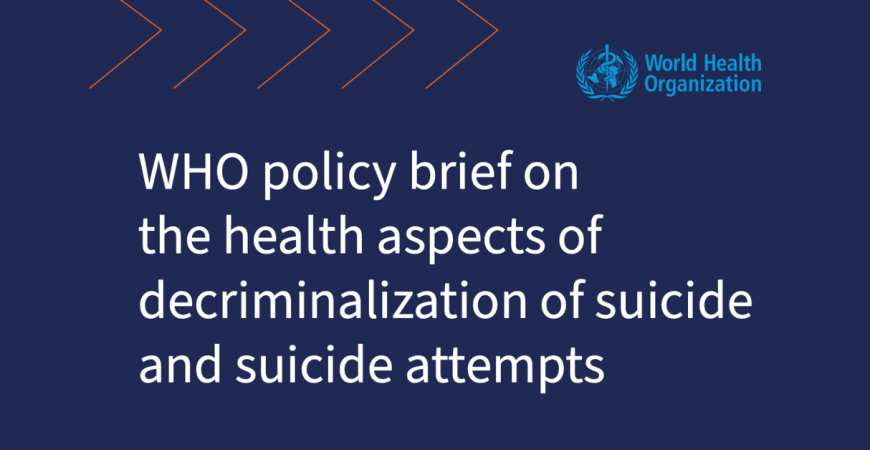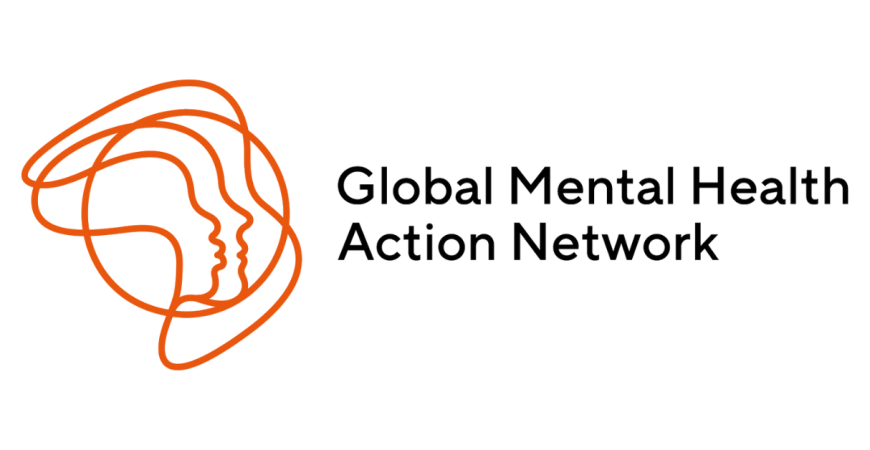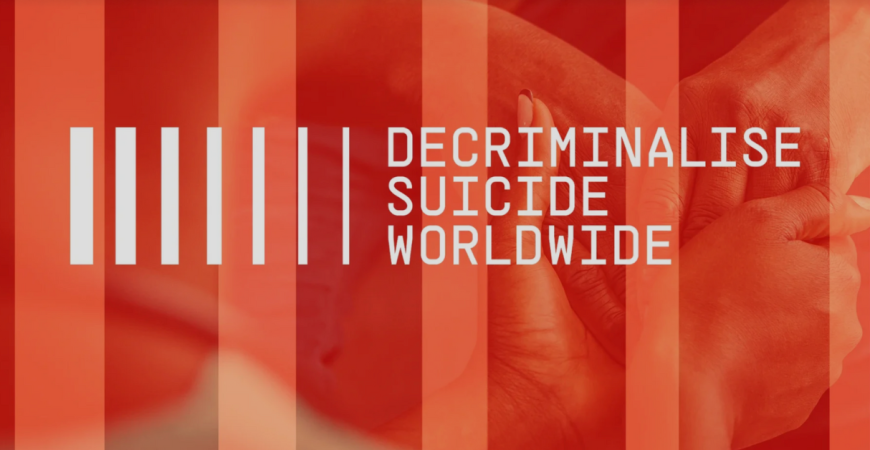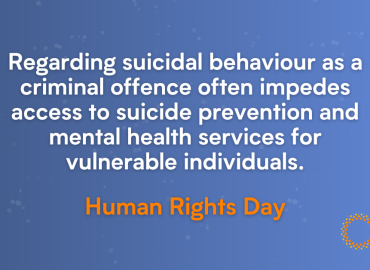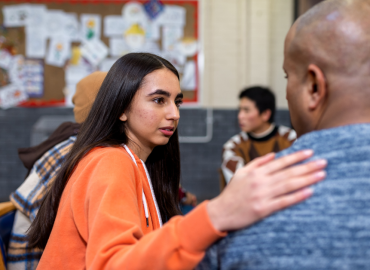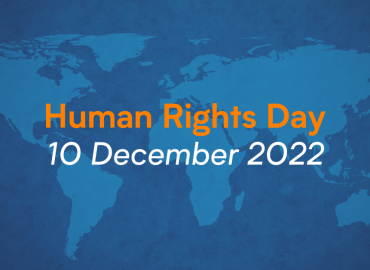Human Rights Day 2023
This year marks the 75th anniversary of the Universal Declaration of Human Rights adopted in 1948 by the United Nations General Assembly. Human Rights Day began that year as a way of commemorating the historical document, which set out some of the fundamental human rights, such as the right to life, social security, health, and education.



